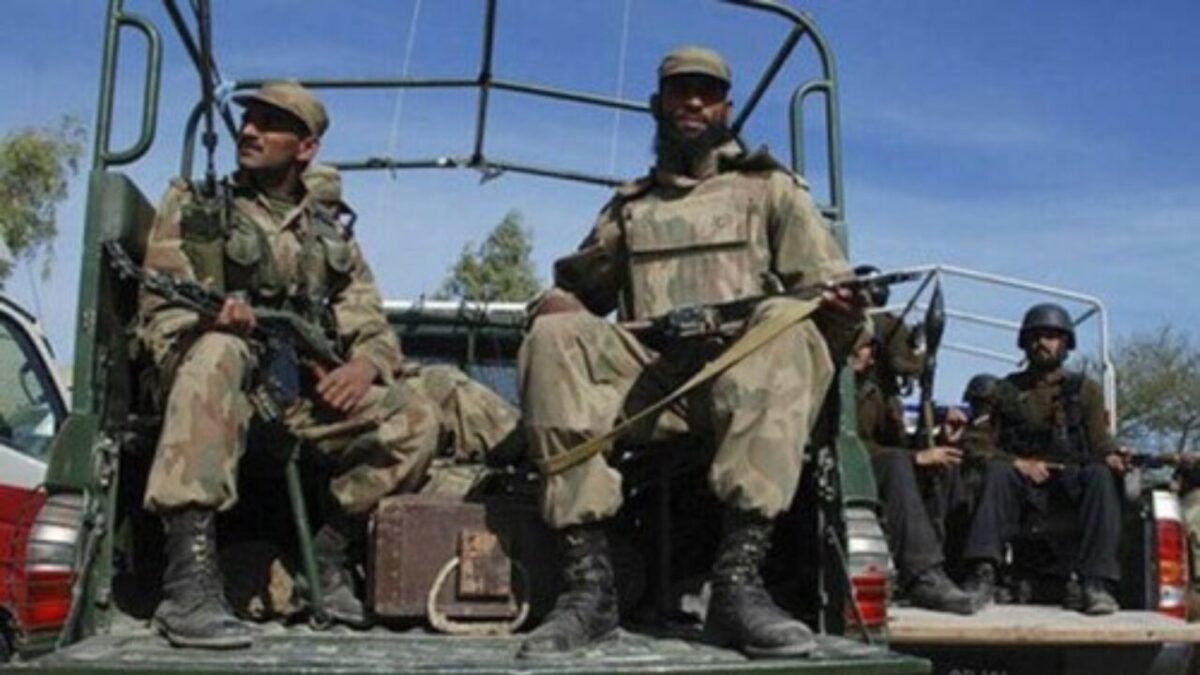By RT Staff Reporters
January 3, 2025
THE RIO TIMES
President Claudia Sheinbaum of Mexico restated her commitment to work with the United States in combating drug trafficking. She spoke at her first press conference of 2025, addressing recent statements by US President-elect Donald Trump.
Sheinbaum emphasized Mexico’s willingness to collaborate while maintaining its independence. She declared that Mexico would not accept any interference or subordination from the US. The president stressed that Mexicans would handle their own affairs.
The Mexican leader clarified that cooperation with the US stems from humanitarian concerns. She expressed readiness to assist in addressing the health crisis caused by drug-related deaths. However, Sheinbaum drew a clear line between cooperation and submission

Sheinbaum challenged a recent New York Times article about fentanyl production in Sinaloa, Mexico. She questioned the scientific credibility of the report’s claims. The president pointed out inconsistencies in the portrayed manufacturing process.
The Mexican leader raised doubts about the lack of focus on fentanyl production within the US. She questioned the whereabouts of US drug cartels distributing fentanyl in American cities. Sheinbaum also wondered about the destination of profits from fentanyl sales in the US.
Sheinbaum’s statements reflect a balanced approach to US-Mexico relations on drug trafficking. She aims to maintain cooperation while asserting Mexico’s sovereignty. This stance aligns with her government’s commitment to addressing the drug issue independently.






 A photo released on December 17, 2024 showing rescuers responding to an oil spill along the coastline of the Black Sea, caused by the wreck of two oil tankers. © Russian Emergencies Ministry via AFP
A photo released on December 17, 2024 showing rescuers responding to an oil spill along the coastline of the Black Sea, caused by the wreck of two oil tankers. © Russian Emergencies Ministry via AFP